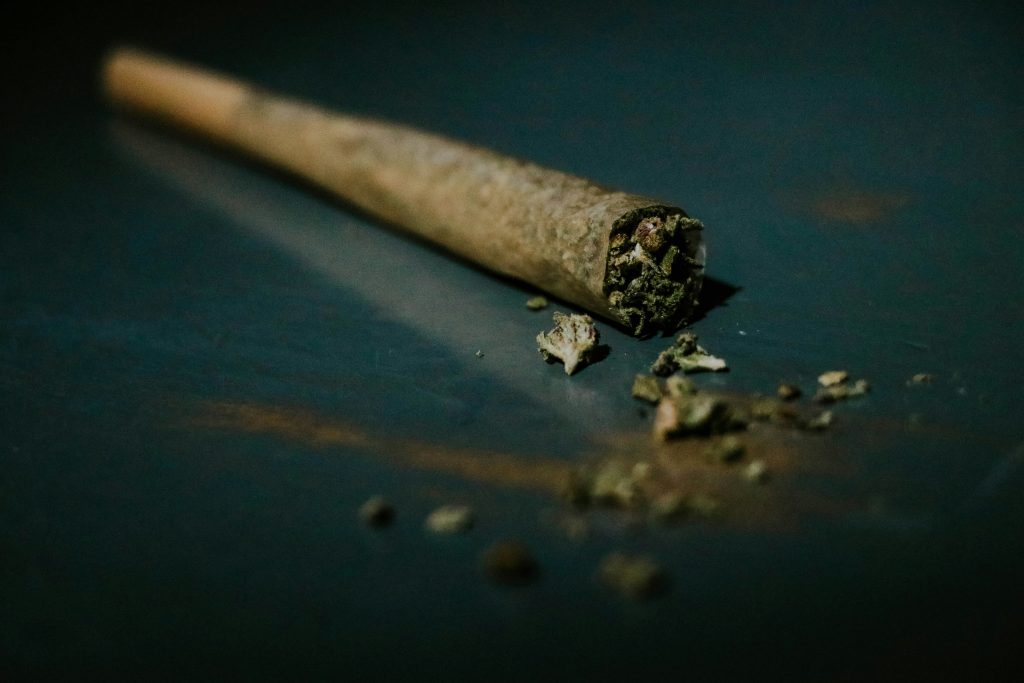After years of reluctance, Minnesota has finally jumped into the deep end of the legal marijuana pool. We’ve seen a bunch of new laws hit the books over the last few years addressing marijuana legalization, but one thing that hasn’t changed is Minnesota DWI laws. It has been illegal to drive while high for a long time, and that remains true. But that doesn’t mean that there isn’t a lot to know about marijuana DWIs. Here are four things to know about marijuana DWIs in Minnesota.

There’s no legal limit for a marijuana DWI.
Most people know that the legal limit to drive in Minnesota is .08. In fact, every state has a similar law. Legal limits like this are known as per se (a Latin term meaning “by itself”) statutes, because, basically nothing else matters – if you’re over the legal limit, then you’ve committed a crime, even if you’re actually driving just fine or don’t seem to be impaired.
However, there is no per se limit for marijuana consumption. Other states have them, but not Minnesota. (See which states have these laws here.) This means a cop can’t arrest you, give you a test, and charge you with DWI for being over the legal limit, because there is no legal limit for marijuana in Minnesota. Instead, DWI cases based on marijuana consumption must prove that you were actually impaired at the time you were driving. This is much, much harder than just proving that you tested over a specific number.
They’re much harder for the government to prove.
Marijuana DWIs are more difficult for the government to prove for a couple of reasons. First, as discussed above, there’s no magic number that they can use to prove guilt. Instead, these cases rely upon the observations of the officer and other subjective criteria to prove that you were actually impaired by marijuana. A second problem for prosecutors is that many jurors just aren’t very familiar with marijuana and what marijuana impairment looks like. Nearly everyone has seen someone under the influence of alcohol – probably many times. But remember, until recently marijuana was illegal in Minnesota. This means that far fewer jurors know what marijuana impairment looks like, and therefore are less able to evaluate whether a driver was actually impaired.
A marijuana DWI is very, very complicated.
Handling marijuana based DWIs is much more complex and technical than cases based on alcohol. Toxicology testing typically reveals numerous THC-related compounds and substances, some of which cause impairment and some of which don’t. In addition, the way our bodies process marijuana is just different. For instance, with alcohol there is a fairly linear relationship between blood alcohol concentration and impairment. This means that the more alcohol found in your system, the more you are likely feeling the effects of that alcohol. But this isn’t true with marijuana, which our bodies process in a much different way. Science tells us that there is much less correlation between THC concentration and impairment. It’s not possible to competently handle marijuana DWI cases without understanding these differences. For anyone interested, a great resource on this can be found here(pdf).
You don’t lose your license – at least not right away.
One of the most immediate and painful consequences of a DWI is the loss of your driving privileges. With the majority of DWI cases in Minnesota, an arrested driver is issued a notice of license revocation by the officer the night of the arrest (this isn’t always true for a variety of reasons, but is the most common scenario). Drivers are given a 7 day temporary license, after which time they’re unable to drive. But for marijuana DWIs, the process is different. The long and short of it is that, if you’re charged with a marijuana based DWI, you will not lose your license – unless you’re convicted. A conviction for a marijuana based DWI – either because you plead guilty, or are found guilty by a judge or jury – will trigger a revocation similar to any other DWI case. And of course this is in addition to the usual consequences of a conviction – probation, fines, possible jail time, and more. In short – pleading guilty to a marijuana DWI carries even more consequences than a “regular” alcohol based DWI.
The takeaway: Marijuana DWI cases are vastly different creatures than their more familiar alcohol DWI cousins. The consequences of a conviction are even greater, but the opportunities to mount a defense are greater too. If you’re charged with a marijuana DWI, it’s important that you are represented by an attorney who understands the unique nature of these cases and can use that knowledge to help defend your case in court. You can contact me here anytime for a free consultation. And ask me about the unique toxicological aspects of marijuana impairment – you deserve an attorney who can discuss it with you at length.


